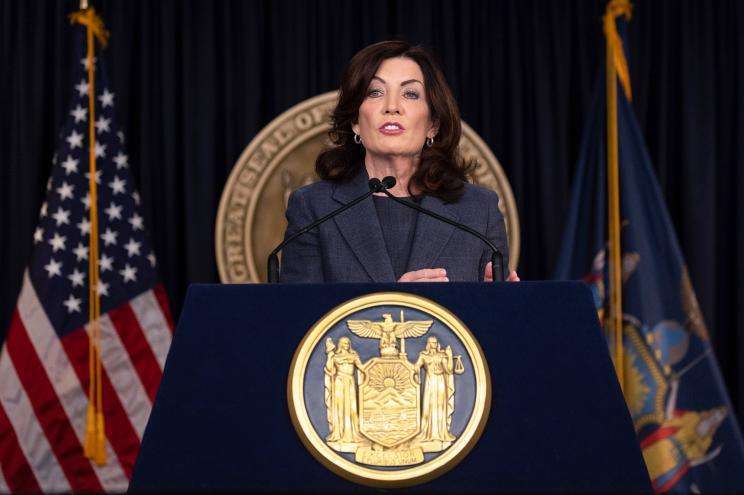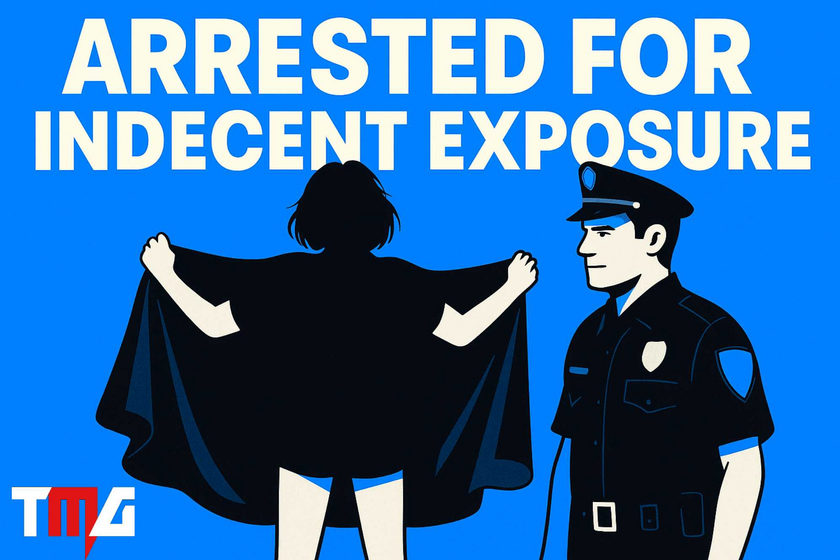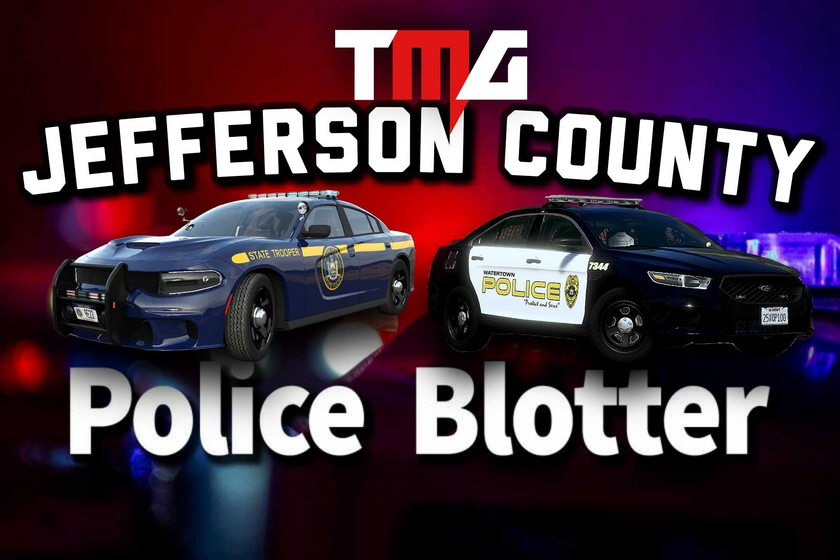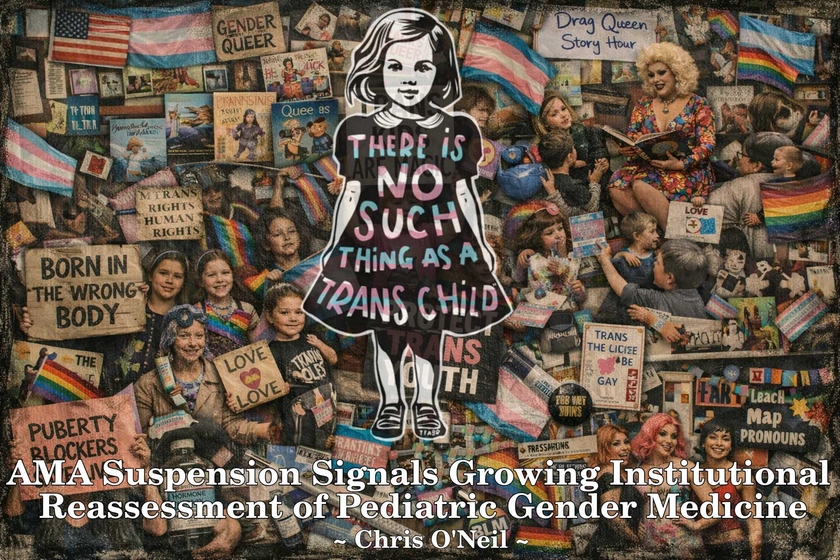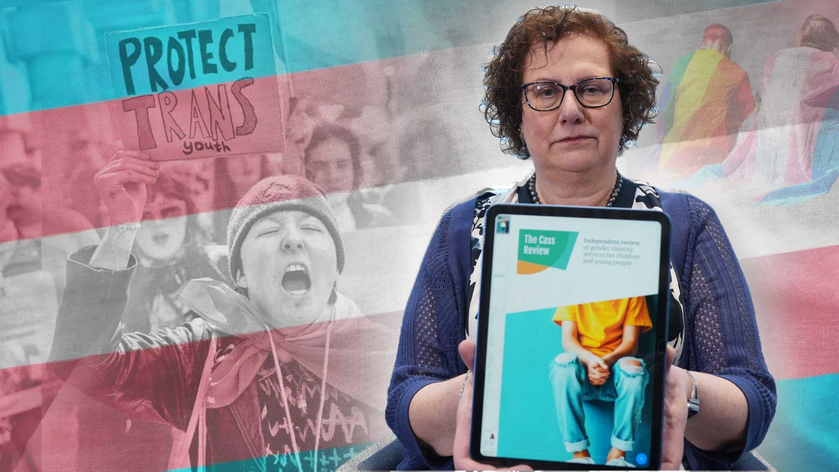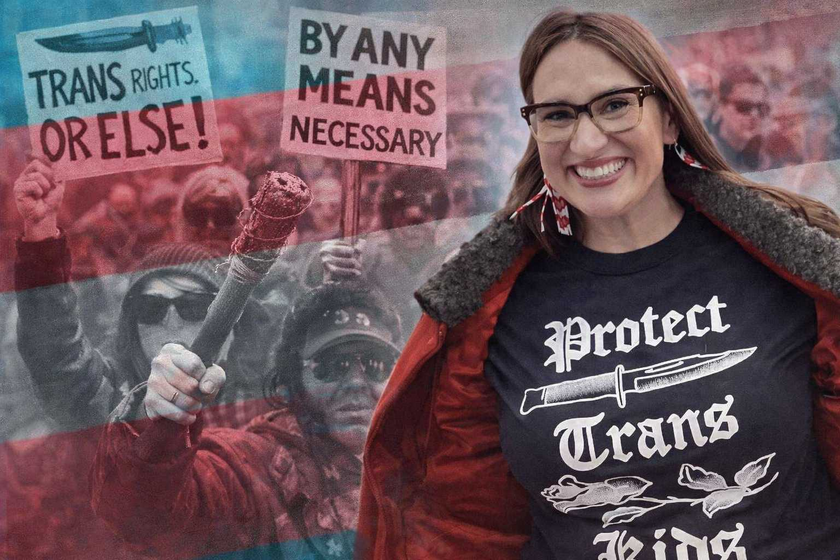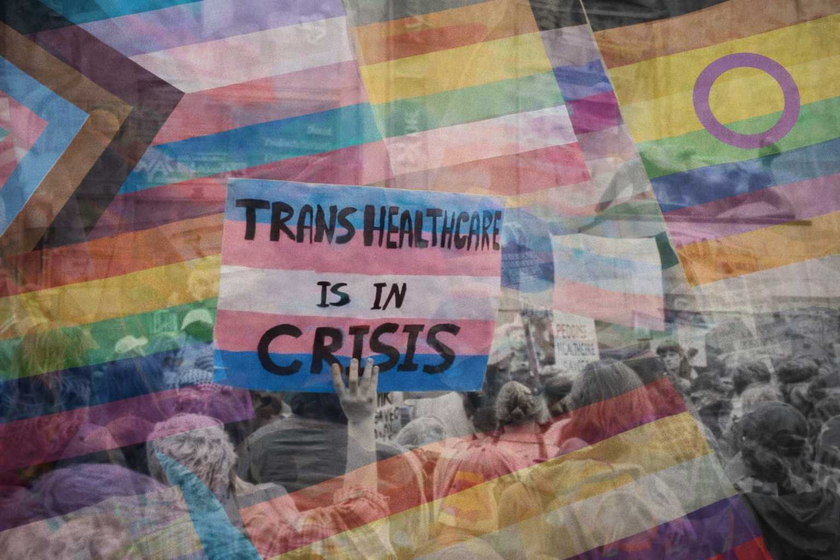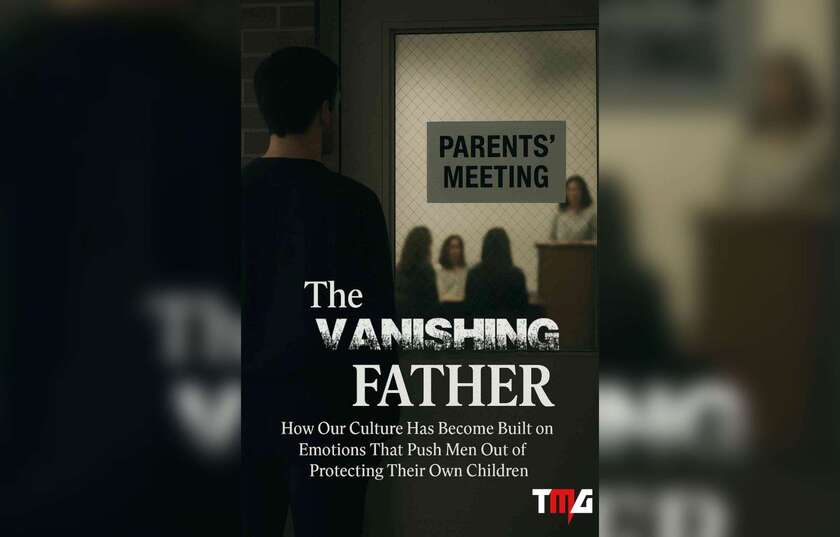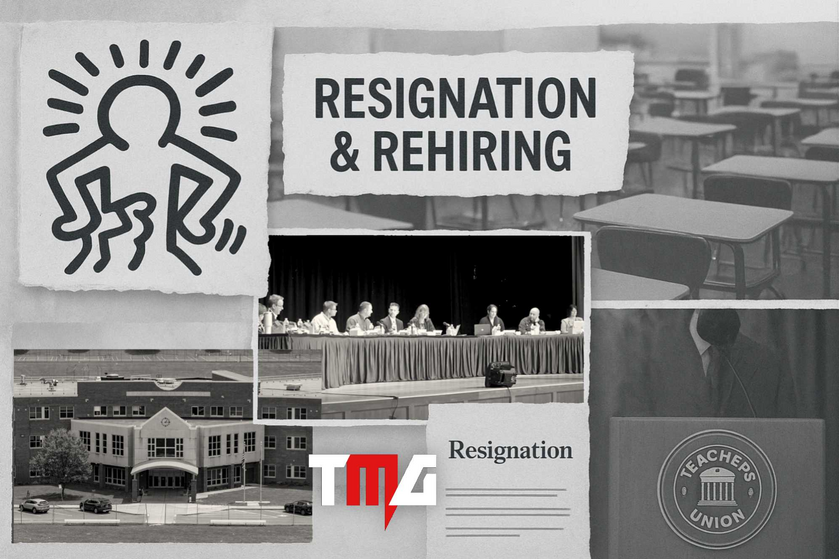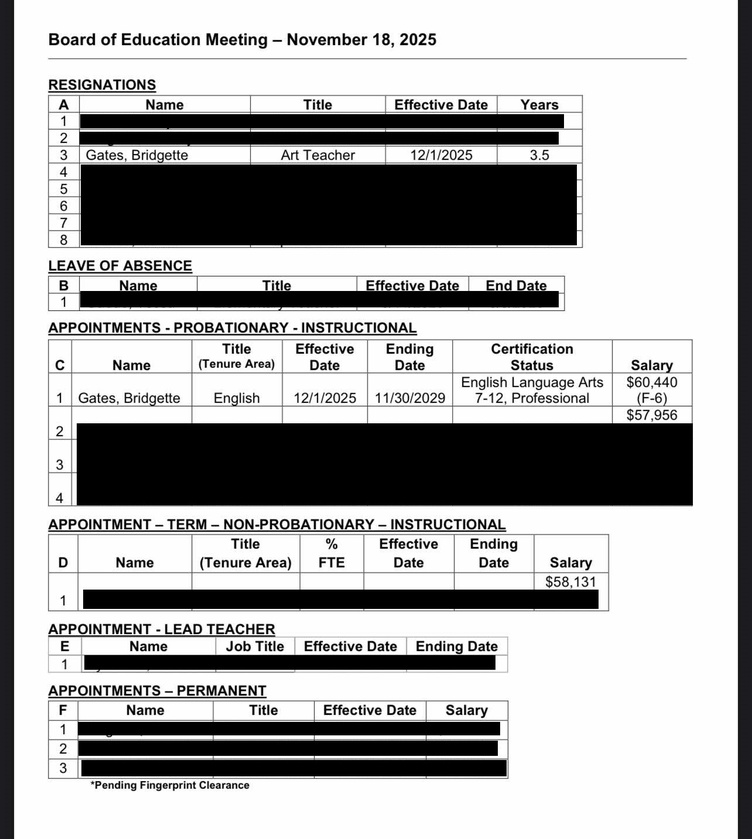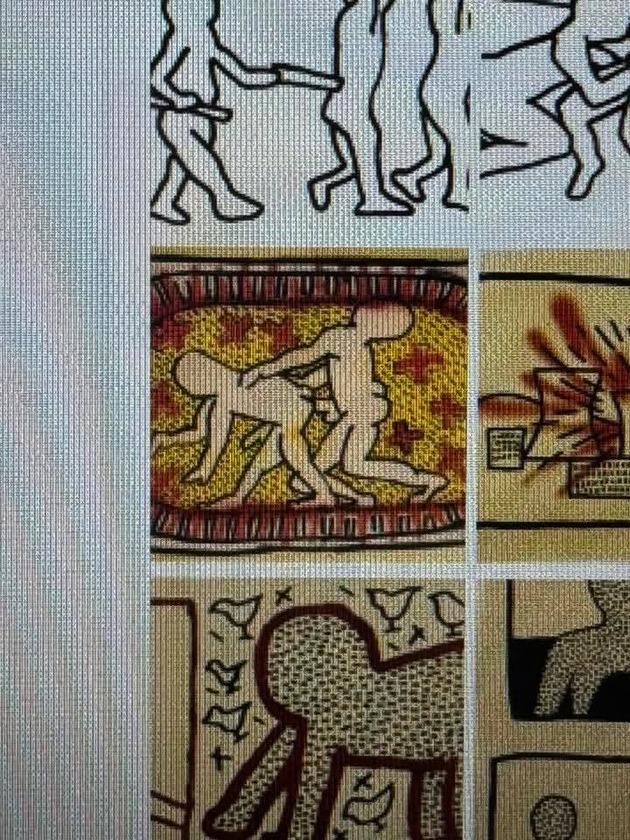As of March 3, 2025, the wildcat strike by New York State correctional officers, which began on February 17, continues to escalate despite authoritarian-like state government 'efforts' to resolve the situation.
On Sunday, the New York State Department of Corrections and Community Supervision (DOCCS) issued a "Terminations of Officers" letter, stating that officers absent without leave (AWOL) for more than 11 consecutive shifts have begun to be terminated. Earlier that day, DOCCS Commissioner Daniel Martuscello III warned that health care benefits for striking officers and their dependents would be revoked retroactively to the first day they were AWOL, with no eligibility for COBRA benefits.
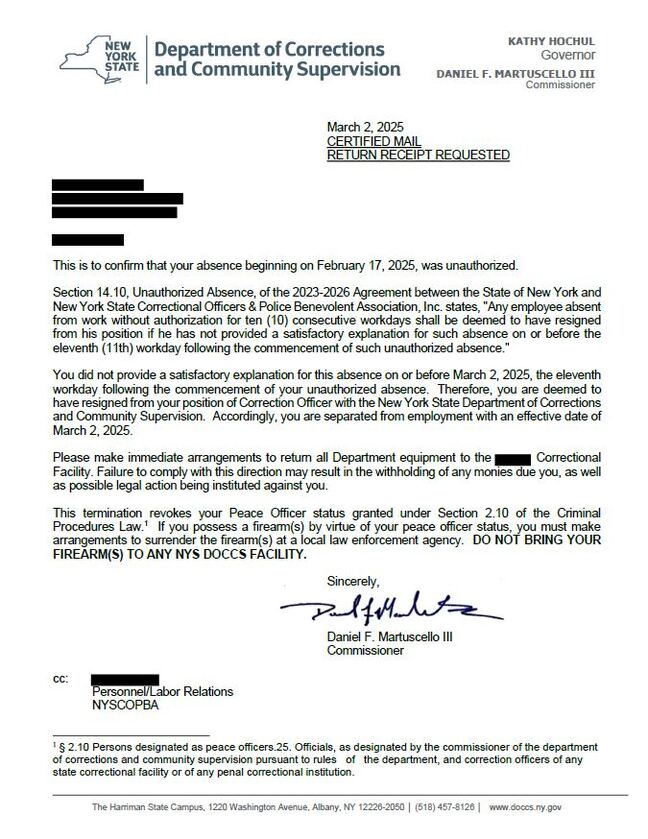
A tentative agreement was announced late Thursday after four days of mediation between the state and the union representing the correctional workers, which never supported the initial walk out or it's extended nature, aimed to address staffing shortages and safety concerns, including a temporary increase in overtime compensation and a 90-day suspension of certain parts of the HALT Act, which limits the use of solitary confinement. Governor Kathy Hochul stated that the consent award would "address many of the concerns raised by correction officers, put DOCCS back on the path to safe operations, respect the rights of incarcerated individuals, and prevent future unsanctioned work stoppages."
Despite the agreement, many correctional officers have remained on the picket lines, expressing dissatisfaction with the proposed concessions and arguing that the agreement does not sufficiently address long-term safety and working conditions. This continued strike action puts workers at risk of termination, potential fines, and possible arrest for violating a court order.
In response to the staffing shortages caused by the strike, Governor Hochul deployed National Guard troops to some prisons to maintain operations. The strike has also raised concerns about inmate safety and access to medical care, with reports indicating that several inmates have died during the strike period, the most recent as this past Sunday, though official causes of death are pending medical examiner determinations.
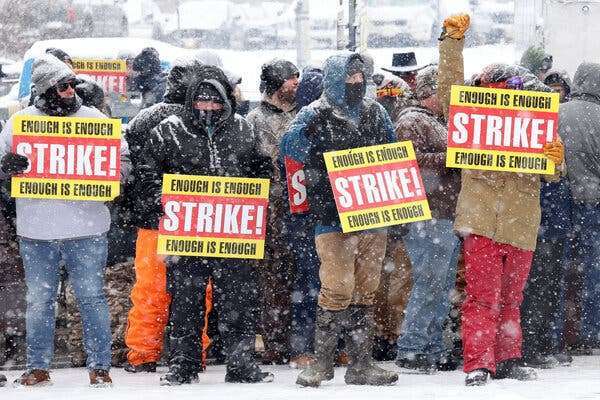
The state has taken legal action to enforce the Taylor Law, which prohibits strikes by public employees, leading to judicial intervention. Eviction notices have been issued to striking officers residing in state-owned housing. Civil rights attorney Michael H. Sussman has intervened on behalf of some officers, reflecting a significant divide between many correction officers and their union.
The situation remains fluid, with state officials urging striking officers to return to work to avoid further disciplinary actions, while many officers continue to demand more substantial reforms to address their concerns.
Chris O'Neil - Trash Media Group © 2025
